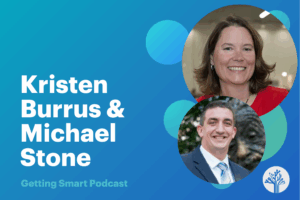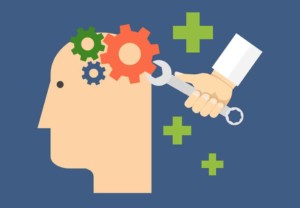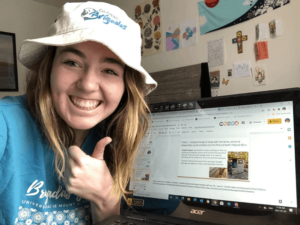Smart Planet: 20 Inventions Boosting Global IQ

Technology and learning innovations are in the process of boosting global IQ. As they become less expensive and more widely available they will connect billions of young people to the idea economy. Following is a list of 20 “Smart Planet” categories where new tools are beginning to, or likely to, make a big difference in access to quality learning opportunities.
Five Foundational Technologies:
1. Search: Internet search is the most important learning tool ever invented.
2. Broadband: Internet access is becoming widely available.
3. Mobile devices: Phones have become powerful mobile computers and very affordable.
4. Ubiquitous computing: Powerful applications can run any device, anywhere anytime.
5. E-commerce: Payment systems power global commerce.
Five Building Blocks:
6. Learning platforms: Combine content management, assessment, tracking, and communication tools (see product reviews).
7. Personalized learning: Powered by learner profiles, adaptive assessment powers personalized learning pathways (see three school success stories); push notifications will power lifelong learning.
8. Blended: Combining face-to-face and online learning (see implementation guide).
9. Competency-based: Learners progress as they demonstrate mastery creating the opportunity for more rapid progress and degree alternatives.
10. Open Education Resources: Learning content and tools are increasingly available free and open.
Five Emerging Application Categories:
11. Early literacy: i-Ready from Curriculum Associates, Getting Smart Advocacy Partner, TeacherMate and Waterford Institute are differentiated reading supports.
12. Language acquisition: Ellevation for English language learners (ELL); Middlebury Interactive and RosettaStone for ELL and world languages (see paper).
13. Math: Challenging games like ST Math and adaptive systems like DreamBox prepare students for algebra and higher level math.
14. Decision support: Support for career and postsecondary awareness, selection, and application. Early examples include Naviance, Parchment, and Mytonomy (see report).
15. Assistive technology: Text to voice, dictation, magnification, and augmentative and alternative communication (ACC) technology help students express themselves (see blog for more).
Five World Changing Edu Formats:
16. Low cost elementary schools: Networks like Bridge International Academies are changing options and outcomes in Kenya for $5 per month.
17. Low cost high schools: To the low cost model, add blended learning and open content.
18. Technical training: Code schools like Andela in Nigeria and IMF sponsored technical training sites.
19. Business training: Spire, a learning organized based in Kenya, offers career training for university and postgraduate students to boost talent and leadership; this includes mentorship and career placement services.
20. Broad access HigherEd: Kepler University, a nonprofit startup in Rwanda, offers a quality American-accredited degree and a clear path to good jobs for thousands of students for around $1,000 tuition per year.
This blog is the first in an occasional series called #SmartPlanet where we will feature innovations in learning in developing and emerging economies. To contribute, email [email protected] with the subject line “Smart Planet.”
For more, see:







Tom Vander Ark
Blended, personalized, and competency-based learning for educators (combo of 7,8,&9) is a good candidate for #21
StarkRoger
I always enjoy reading your material wherever I find it. But it it curious to me how much time you do not devote towards cognitive development and the postential rewards it holds for masssive economic development. Perhaps you may want to read the OECD report on the PISA's scores. Just a thought....you bring a great service to all of us. Thank you, Roger Stark
StarkRoger
I always enjoy reading your material, wherever I find it. But it it curious to me how much time you do not devote towards cognitive development and the potential rewards it holds for masssive economic development. Perhaps you may want to read the OECD report on the PISA's scores. Just a thought....you bring a great service to all of us. Thank you, Roger Stark
Replies
Tom Vander Ark
Hi Roger,
I'm open to adding cognitive development to the list but haven't seen/heard much evidence.
Here's my response to recent OECD report on EdTech
http://www.gettingsmart.com/gettingsmart-staging/2015/10/where-the-oecd-edtech-report-missed-the-mark/